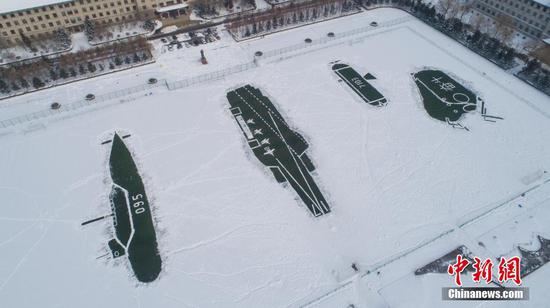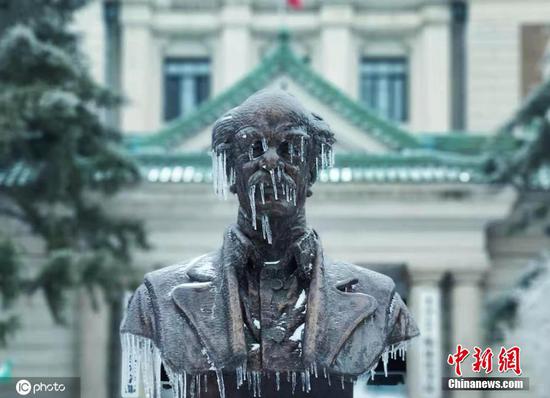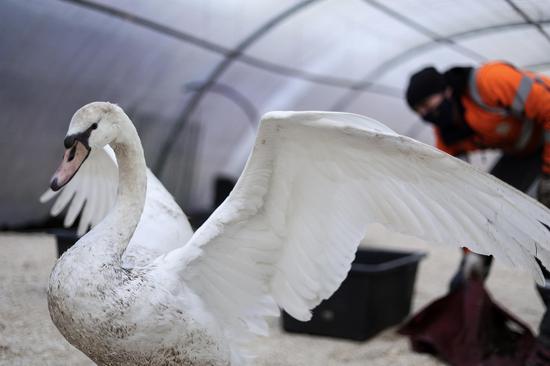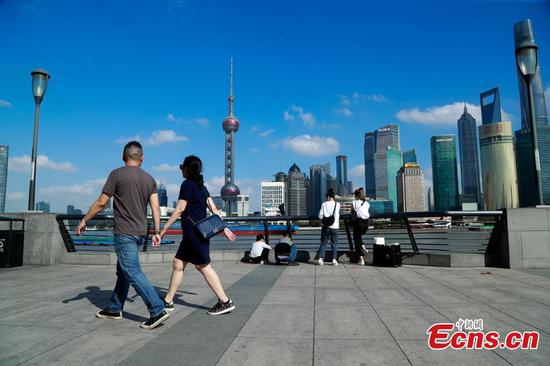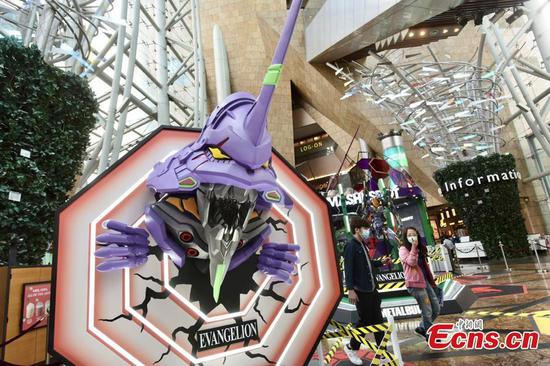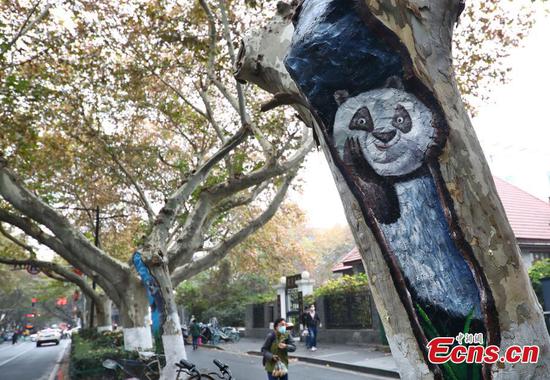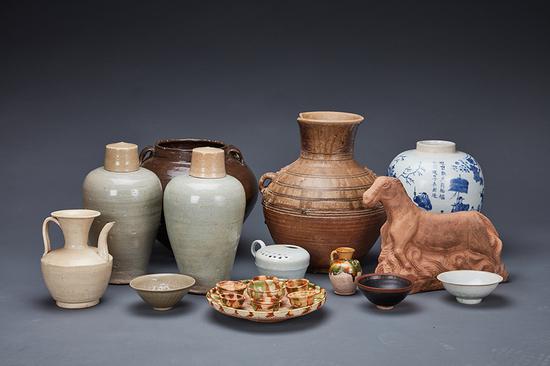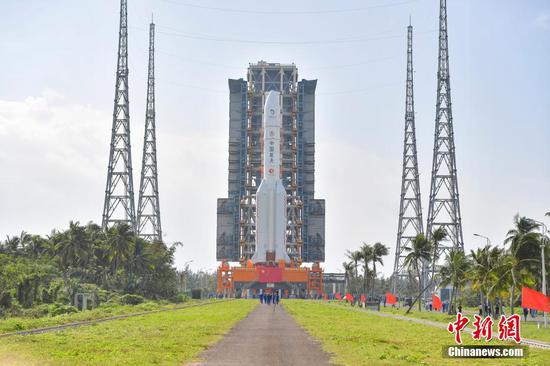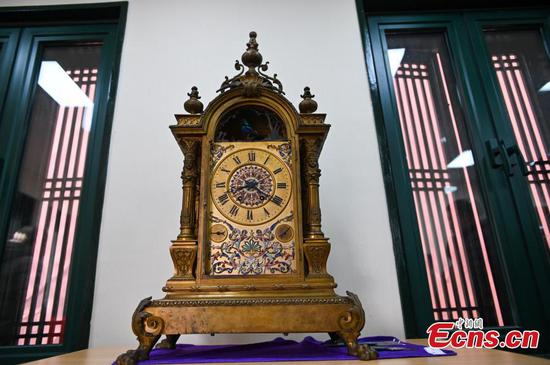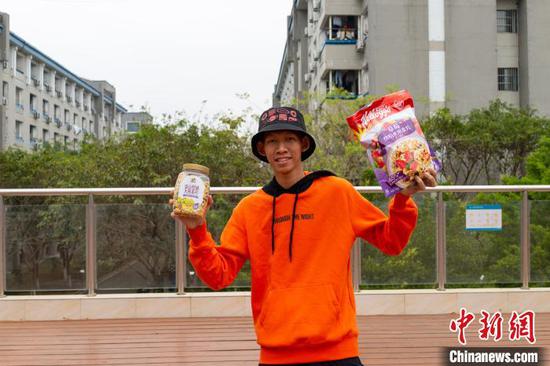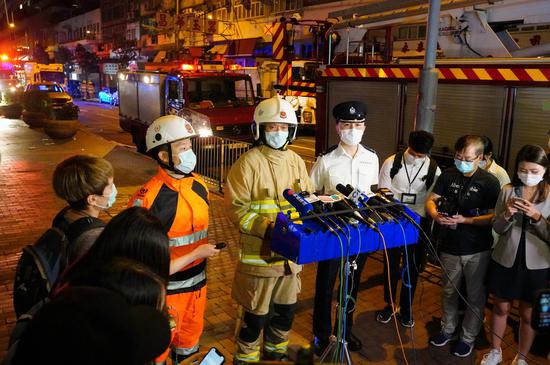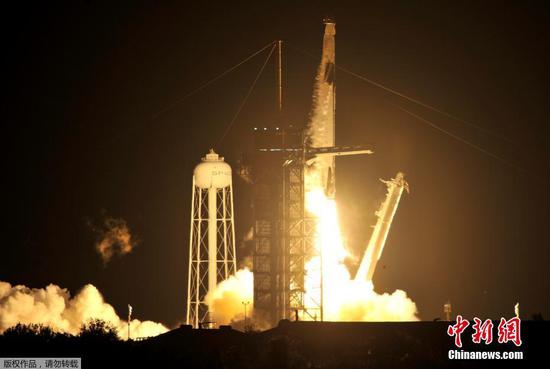
Customs officers ask and record information of inbound passengers at the Capital International Airport in Beijing, capital of China, March 18, 2020. (Photo/Xinhua)
More vigorous measures are needed to prevent importing the novel coronavirus via inbound passengers or goods during winter and spring, the top health authority said.
China will face severe challenges in preventing and controlling COVID-19 this winter and spring, and various measures must be strictly carried out to prevent receiving infected imports as well as the domestic rebound of the epidemic, Health Minister Ma Xiaowei said in a nationally televised conference Sunday afternoon.
Efforts must be made to improve the technical training of airport workers and in providing quarantine services to inbound travelers, Ma said, adding that the authorities concerned should intensify management of the pickup, transfer and quarantine of inbound travelers to prevent importing the virus.
Authorities at ports on the border should intensify inspection and control over illegal migrants and improve self-protective measures for high-risk groups such as port officials.
Meanwhile, nucleic acid tests for the novel coronavirus, or SARSCoV-2, will be expanded to cover more people at higher risk, and more efforts will be made on COVID-19 screening at fever clinics. Any outbreak must be reported accurately and strictly according to the law and regulations, Ma said.
Health authorities across China should also increase infection control and prevention at hospitals and the emergency response to clusters of coronavirus infections. Epidemic prevention and control should be strengthened around the Spring Festival holiday, which falls in February next year, including reducing the movement and gathering of people, he said.
The televised conference followed reports of scattered COVID-19 cases over the past few days, with more cases anticipated across the country as the pandemic worsens globally and temperatures fall in winter.
With COVID-19 effectively under control in China, importing the virus has been a major risk over the past few months, and strict measures have been taken to prevent that from happening via inbound travelers and goods such as frozen food.
Zhang Boli, a member of the Chinese Academy of Engineering, suggested establishing a circuit breaker system for frozen food imports to minimize the danger.
The risk posed by imported contaminated cold food is growing as the pandemic worsens and the arrival of the winter enables the virus to survive longer in contaminated goods, Zhang said, Tianjin Daily reported on Monday.
Under a circuit breaker mechanism, imports from a country or region would be suspended for two months if the novel coronavirus were detected in goods it sent, he said.










